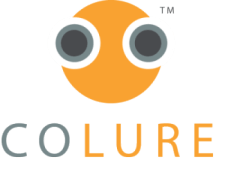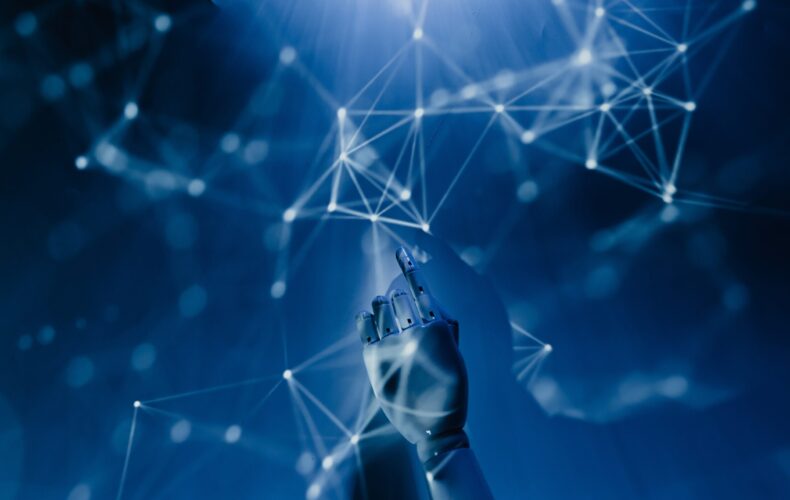Much has been written about artificial intelligence over the last several months – particularly when it comes to consumer search.

ChatGPT debuted mere months ago, and it’s already being heralded as the natural evolution of the chatbot. Not only can it do everything from answer complicated questions to generate responses to prompts, but it can even help generate content like resumes, blog posts, and more. Things have gotten to the point where, according to one recent study, an estimated 70% of people who regularly use ChatGPT at work to make their lives easier haven’t actually told their bosses that they’re doing so.
But while this may be the flashiest example of just how disruptive AI can be, it’s far from the first – or even the most important. Medical professionals have been using artificial intelligence in the healthcare space for years, for example – all in ways that are changing how we think about the care provided to patients and the potentially lifesaving outcomes that we’re able to generate.
AI and Healthcare: The Perfect Pairing
One of the most immediate ways in which artificial intelligence is being used in healthcare has to do with patient triage, particularly as it relates to reviewing images, scans, and other critical documents.
In an effort to find out what disease or condition a patient is suffering from, a doctor will typically order a battery of different tests. Those tests produce scans and diagnostic images of organs like the heart or lungs that then need to be carefully reviewed. The issue is that not only does this typically take a great deal of time, but it is also susceptible to human error as well.
Artificial intelligence, however, can be trained on massive amounts of data to perform the same basic tasks in a fraction of the time. Not only can then quickly analyze images and other records at high speeds, but they can do so far more reliably than a human ever could. This can lead to a faster diagnosis on behalf of the patient, which can get them the care they need quicker and improve outcomes along the way. Not only that, but it frees up the invaluable time of the medical professional to focus more on those matters that could truly use their attention.
The same concept holds true to the way that artificial intelligence is being used to train doctors, nurses, and other clinicians as well. Again, once an AI system has been given the chance to ingest the right, quality dataset, it can review information and “make decisions” with an incredibly high degree of accuracy. When used as an assistive training tool, this can help to minimize the types of mistakes that new doctors are likely to make, can help usher in more accurate clinical judgments, and more. All of this results in better trained medical professionals getting out into the field far faster and with a more robust education than ever.
All of this helps bring about the most important benefit of all: higher quality and better healthcare for larger numbers of people, allowing for lifesaving treatment along the way.
Based on use cases like those outlined above, it’s easy to see why it has been estimated that artificial intelligence could save the healthcare industry approximately $360 billion per year. Once obstacles like slow adoption rates among doctors and patients are overcome, there truly is no limit to the potential that is on display in front of us.
In the end, it’s safe to say that technology is changing just about every facet of our lives. In a world where a collection of Reddit users can use a mobile app like the Robinhood app to disrupt the stock market, should anyone be surprised of what AI is capable of in contexts like healthcare? Perhaps it is best to think about it this way: what is impressive is not necessarily what AI can do today, but what it will potentially be able to accomplish tomorrow. That in and of itself is truly exciting to think about.

